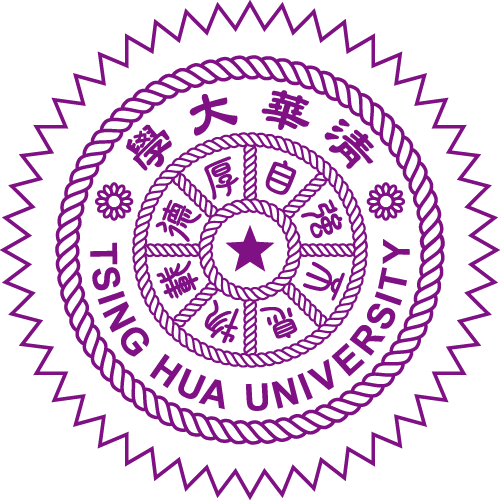Home › Programs › English-Taught Master's Degree Program › Austronesian Studies at National Tsing Hua University


This award is available to pursue a full-time Master’s degree in Austronesian Studies at the Institute of Anthropology, National Tsing Hua University (NTHU). The program is taught in English.
The English-taught Master’s Program in Austronesian Studies at NTHU is the first of its kind in the region and is well situated among the top humanities and social sciences colleges in Taiwan. It is also supported by the Center for World Austronesia and Indigenous Peoples (CWAIP). This Center promotes interdisciplinary studies on Austronesian speaking groups and indigenous peoples, which covers anthropology, linguistics, history, literature, education, and law. Launched in 2021, this MA program seeks to promote and enhance the study of indigenous peoples in Taiwan within the greater context of the Austronesian-speaking world across Southeast Asia and Oceania, in areas such as environmental studies, gender and sexuality, state and indigenous relations, multicultural education, multispecies studies, religion and material cultures. It offers an English taught program that will attract non-Mandarin speakers to pursue their studies. Students may conduct independent research and fieldwork which are essential for personal learning and professional development.
NTHU has one of the most distinguished linguistics programs in Taiwan in theoretical linguistics as well as in the fields of Chinese and Austronesian linguistics. There is also a Hsin-chu Learning Center for Indigenous Languages which offers various indigenous language courses every semester.
The award is co-sponsored by National Tsing Hua University. The program will take 2 years to earn a master’s degree, and NTHU offers full tuition waivers and student dormitory as long as the candidate maintains satisfactory academic standards.
NTHU is one of Taiwan’s most prestigious comprehensive research universities, and is widely known as an incubator for future leaders, with prominent alumni including Nobel laureates. NTHU is located in Hsin-chu, a historical city south of Taipei, and has one of the most beautiful campuses on the island. The city is surrounded by magnificent terrain that are home to indigenous peoples with great cultural diversity. Hsin-chu is also known as the Silicon Valley of Taiwan which blends the cultural depth and high-tech modernity nicely. NTHU has ten colleges – Science, Engineering, Nuclear Science, Humanities and Social Sciences, Life Science, Electrical Engineering and Computer Science, Technology Management, Education, Arts, and Tsing Hua College. NTHU hosts hundreds of international students from over forty nations across the globe. The university is ranked highly in the QS World Rankings and has agreements for cooperative research, exchange and other joint activities with more than 100 universities around the world. NTHU receives the highest ratio of award winning faculty among all universities in Taiwan.
Hsinchu City is located in northwestern Taiwan. In 1980, the Taiwanese government established the Hsinchu Science Park, an industrial center for semiconductor manufacturing. The infrastructure in Hsinchu is rapidly developing, featuring the establishment of major department stores, cultural centers, shopping malls, hotels, parks, and leisure areas.
457,040 (2024)
Hsinchu’s climate is humid subtropical. Because Hsinchu is where the northern monsoon blows strongest during the autumn and winter seasons, it is also known as the Windy City. The city experiences hot and humid weather from June to September, while the period from October to December is considered the most pleasant time of the year. Temperatures are highest in July, with an average of 29°C (84.2ºF), and coldest in January, with an average of 15.5°C (59.9ºF).
Note: Please find Fulbright grant benefits at Fulbright Taiwan, and submit the Fulbright application via IIE system by October 7, 2025.

©2024 Foundation for Scholarly Exchange. All Rights Reserved.

©2024 Foundation for Scholarly Exchange. All Rights Reserved.
